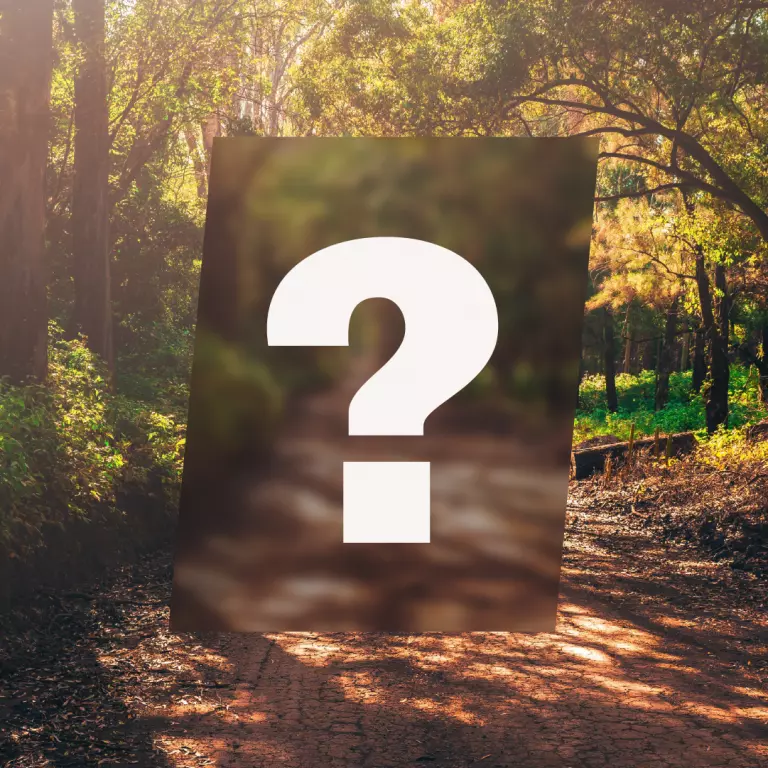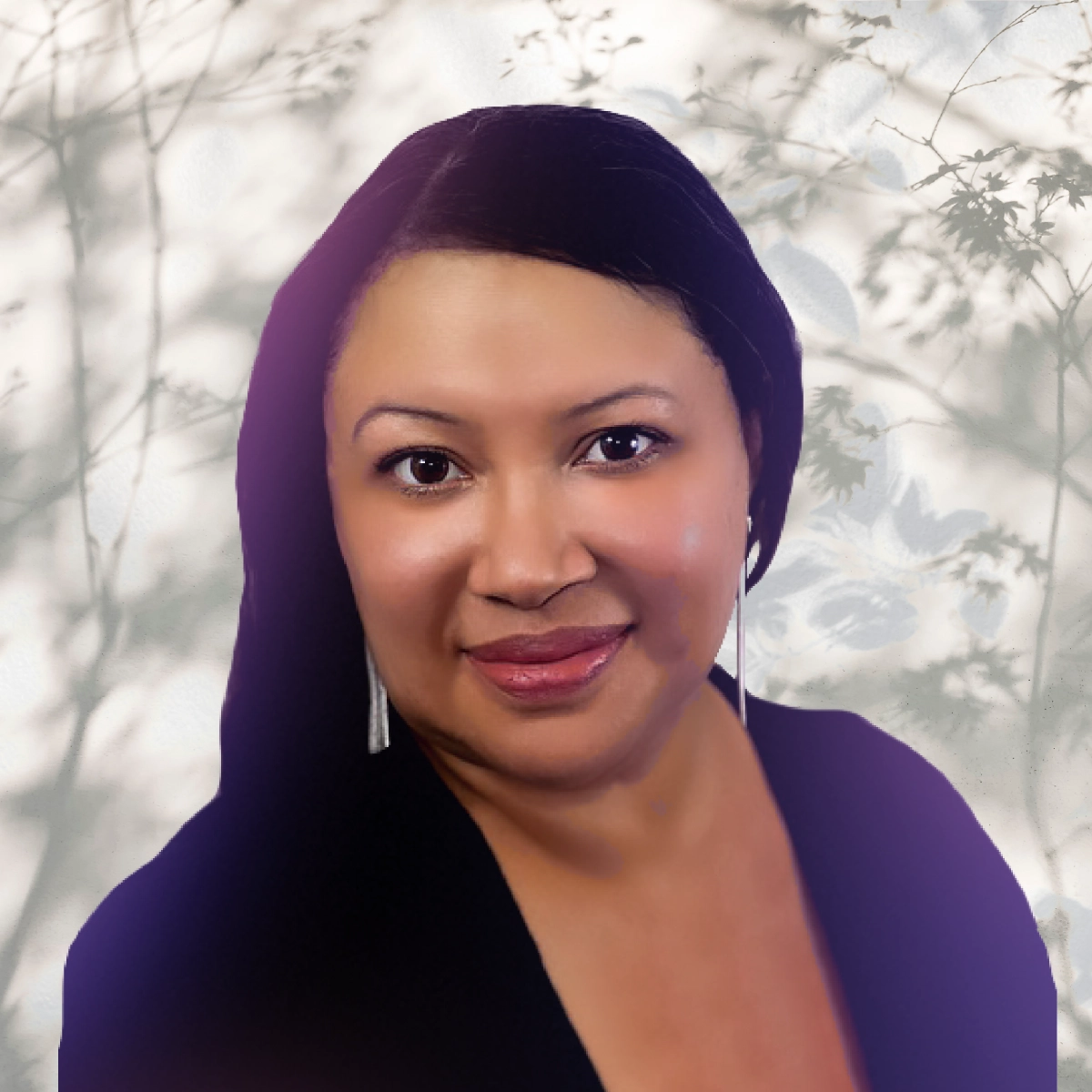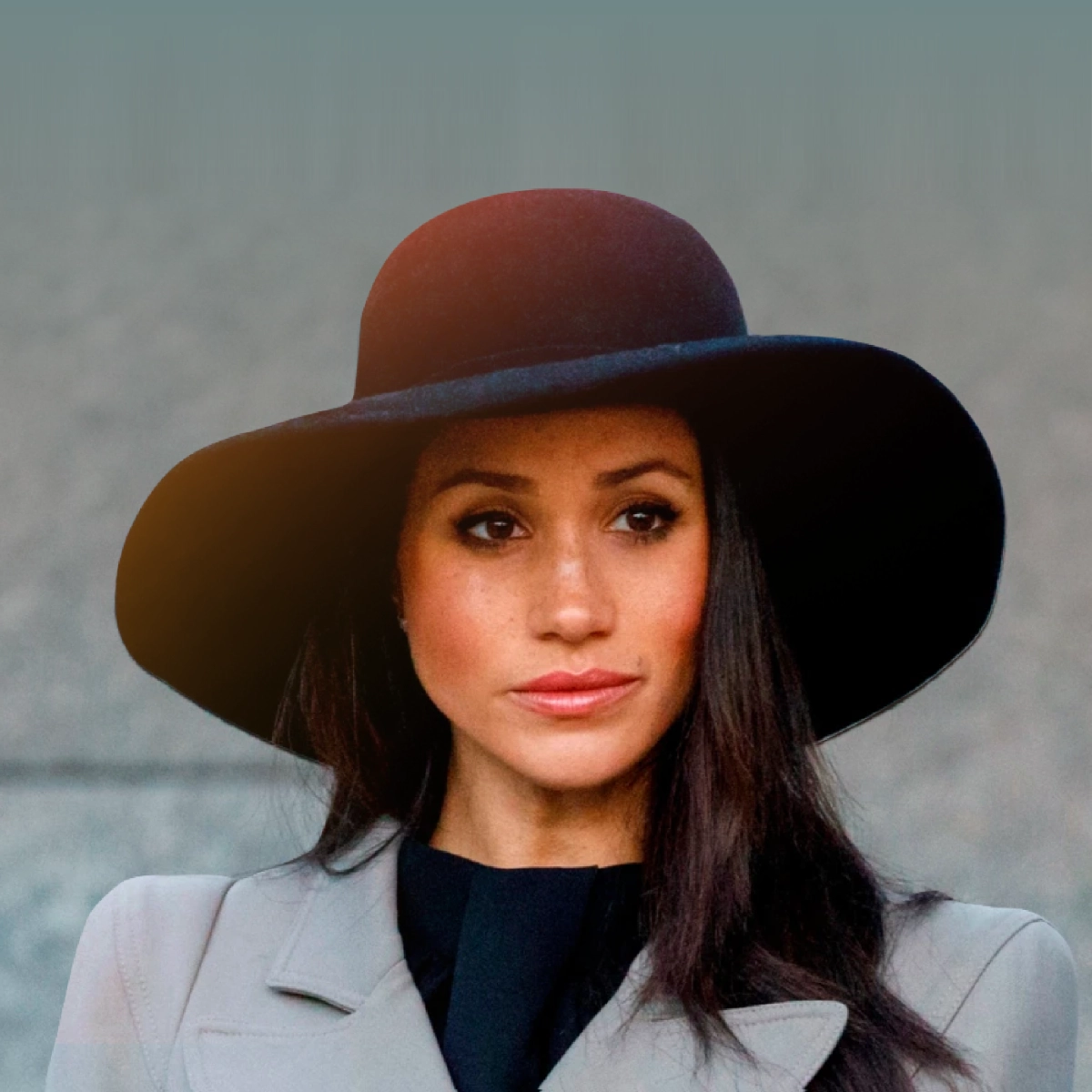Connecting with our ancestors can often be a complex and difficult journey for people of mixed identities. The October Meetup created space for our members to share and find ways they honor ancestors and how ancestral spirits can ground us in our identities and guide us along our different journeys.
“It’s during the transitional times on earth when days become shorter, and trees begin to lose their leaves that we find people gathering to honor ancestors,” our meetup host Mike Avila opened with. In a journaling exercise, we asked our audience which ancestor they wanted to honor.
Throughout the evening, our audience shared tearful memories of their passed loved ones, ancestors they’ve never met but learned about through stories, the traditions they carried from ancestors, and how they continue to honor them today.
Mike mentioned how humans had venerated loved ones who are no longer with us, “All over the globe, cultures have created sacred rituals,” he continued, “From the Sioux nations’ tree burial tradition to Cambodia’s 15-day Pchum Ben festival, or the various forms of Día de Los Muertos throughout Latin America, and even the modern urban tradition of pouring out libations for the dead.” All over the planet, we honor our ancestral legacies with rituals and open ourselves to the spiritual guidance our ancestors can give us. He also touched on how despite our DNA being the blueprint of who we are, our ancestors turn our blueprints into the customs, rituals, and traditions we carry on. “It’s learning old ways and making new customs for my family,” Mike explained, “Connecting with my ancestors is not some external activity. Our ancestors are within us.”
Our other host of the evening, Ariel Bastida, also pointed out the shared phenomenon that one day all of us will be someone’s ancestor. “It makes me feel really, really grounded,” Ariel described.
When our hosts asked the audience how connecting with their ancestors has raised mental or emotional wellness, one community member explained that not only has connecting with her ancestors helped her come into herself better, but it has helped her connect more with her living relatives and enhance her creativity. They shared a touching story of how a conversation with her cousin helped her create a bond with her Popo, a name in reference to her grandmother and a person she unfortunately never got to meet. Hearing her cousin describe how much of a loving and generous person her Popo was, made her feel like she was now “encapsulated” within Popo’s love and warmth. This simultaneously strengthened the bond with her cousin as she gained a new and special understanding of her. Moreover, the community member explained how her support system improved now that she felt like she had access to Popo’s loving embrace. This newfound connection to her ancestors has even helped the member tap into her creativity, she admitted at a time in her life that has been very difficult.
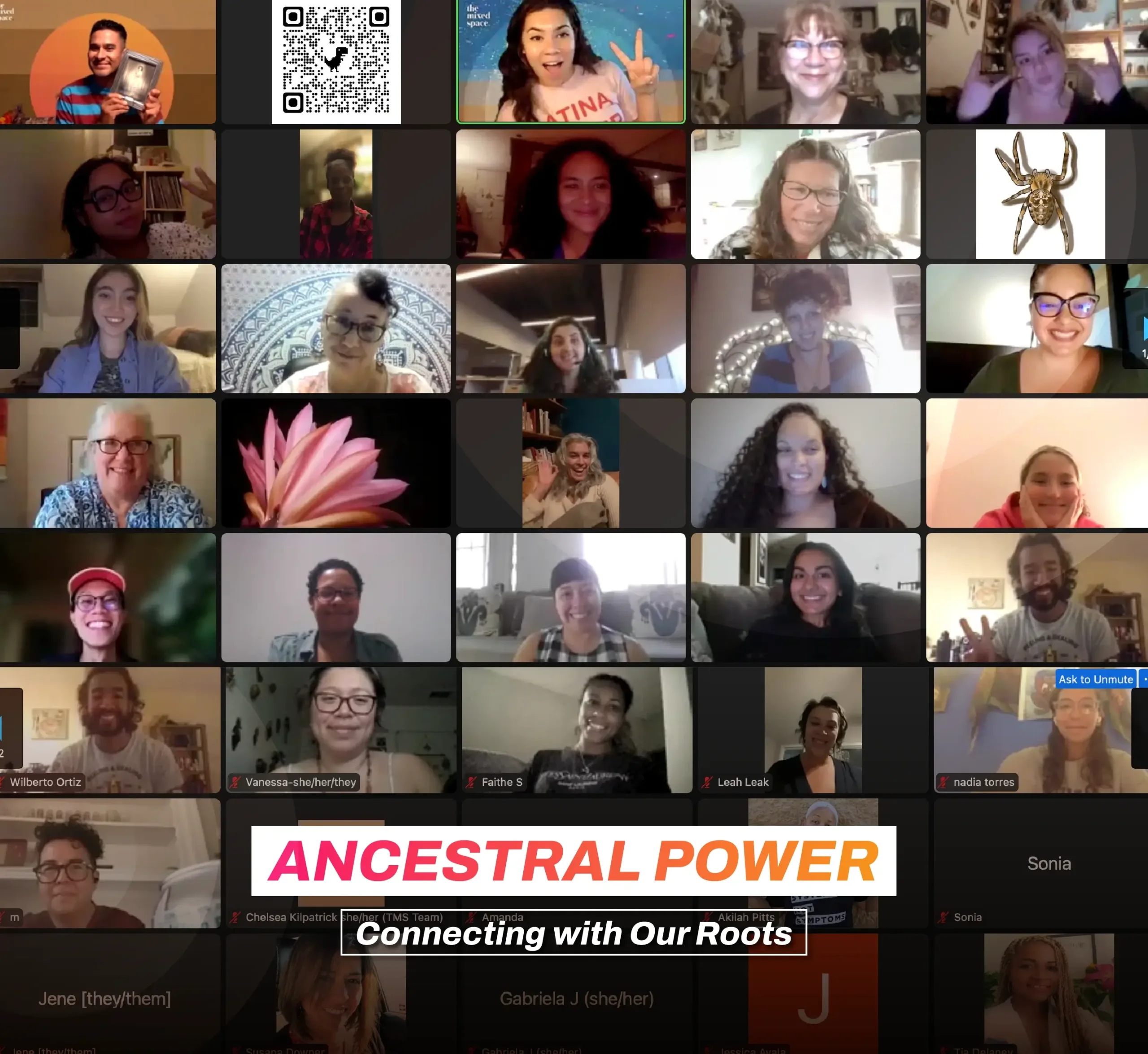
Another community member shared an empowering excerpt about building an ancestry altar from Kate Johnson’s book titled Radical Friendship and how it has helped her with ancestral healing:
“When I gathered my objects, I had a moment of hesitation that I tried to explain to him.
‘I don’t think my ancestors want to be on the altar, you know, all together.’ I gestured from one side of the table to the other. My hand crossing the invisible line that divided the black and white faces. The priest spoke patiently with me. “they already are,” he said, “The altar is you.”
The community member mentioned that Johnson further explained that though one may come from a complicated lineage, there are still plenty of opportunities for the living to bring order and healing to the past traumas that ensued. The community member disclosed how helpful and hopeful that passage was to her as someone battling a complicated lineage herself.
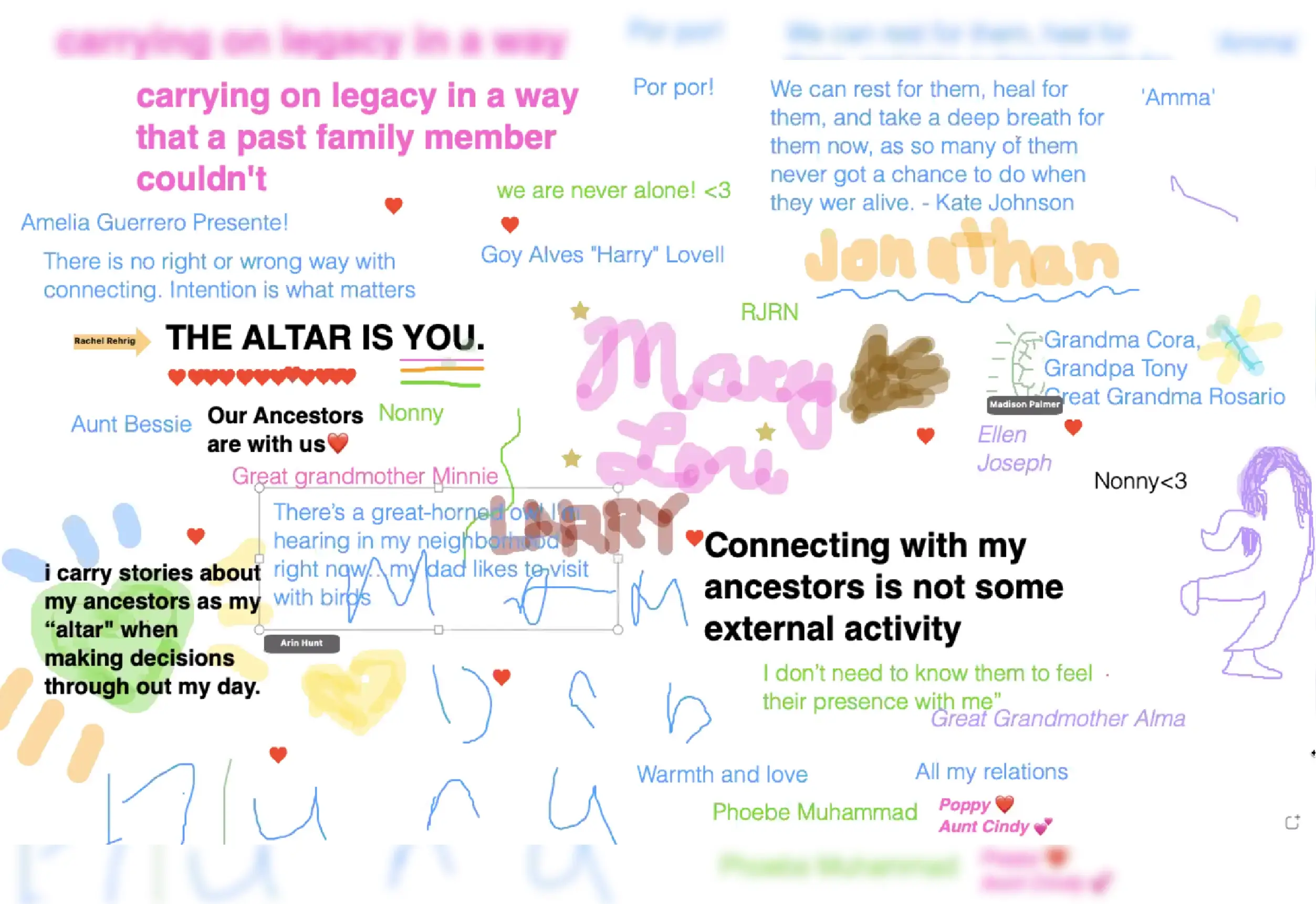
The meetup also discussed ways to honor our ancestors beyond a dedicated altar. Mentioned were various ways to modernly venerate them, from movable altars and ancestral tattoos to self-made drawings.
Before we broke out into our breakout rooms, we briefly discussed the concept of death. Mike asked the group if it should be viewed as an end of the road, a transition, or homegoing. One community member called it “walking on” in the chat. We acknowledge the different approaches to death and how we define it in our own path.
As our meetup closed, we filled the community whiteboard with affirmations on legacies, altars, and different names of ancestors our members wanted to honor. Members left the space with a sense of guidance in connecting with their ancestors and a grounded direction on why our ancestors are so important to our mixed journeys. Together, we learned the importance of being with one another now, in the present, and how we can still be together with our loved ones–even the ones we’ve never met.
Zoom Chat Gems:
“Carrying on legacy in a way that a past family member couldn’t!”
“I carry stories about my ancestors as my “altar” when making decisions throughout my day.”
“…The altar is you.”
“I don’t need to know them to feel their presence with me.”
Community Recommendations:
Check out Mike’s playlist!
https://music.youtube.com/playlist?list=PLtwxkRMueWR9Cw7M7SCOOL0Qu-97tZ3Xv&feature=share
Radical Friendship by Kate Johnson
https://www.katejohnson.com/book-radical-friendship
Women Healing and Empowering Women
www.whewnow.org


